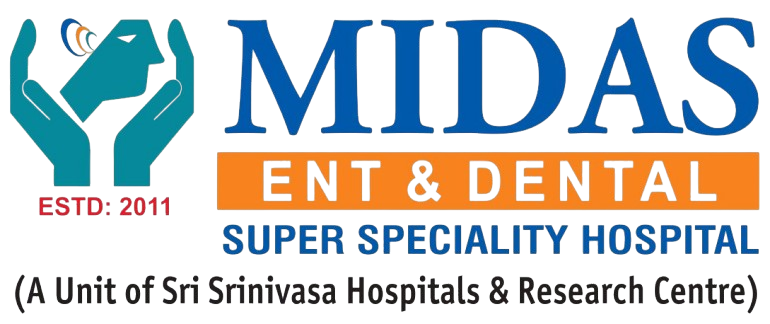Vertigo is a distinctive form of dizziness characterized by a sensation of spinning or movement, even when stationary.
Individuals experiencing vertigo often feel unbalanced or swaying, with symptoms intensifying upon sudden changes in position or head movements. While vertigo can be unsettling, it does not always indicate a serious medical issue.
Symptoms Associated with Vertigo
When experiencing vertigo, individuals may perceive sensations such as spinning, falling, or the environment rotating around them. It’s important to distinguish vertigo from general dizziness, which manifests as feelings of lightheadedness or instability.
Vertigo typically occurs in episodic attacks lasting from seconds to hours and may be accompanied by symptoms like nausea, vomiting, pallor, and sweating. Severe vertigo episodes can significantly disrupt daily activities, impacting exercise routines and even rendering driving unsafe.
Common Causes of Vertigo
An inner ear dysfunction often underlies vertigo, with benign paroxysmal positional vertigo (BPPV) representing the most frequent cause. BPPV occurs when tiny crystals within the inner ear dislodge from their usual position, disrupting balance signals sent to the brain.
Other inner ear conditions contributing to vertigo include Meniere’s disease, vestibular neuronitis, and labyrinthitis. Additionally, certain medications may induce vertigo as a side effect.
While most cases of vertigo stem from benign inner ear issues, rare instances may be linked to more serious conditions such as head injuries, migraines, strokes, infections, or brain tumors.
Treatment Approaches for Vertigo
Treatment strategies for vertigo depend on its underlying cause. In some instances, vertigo may resolve spontaneously, and individuals can manage symptoms with self-care measures. Suggestions include resting in a dark, quiet environment during vertigo episodes, avoiding known triggers, and adopting gradual movements to minimize discomfort.
Medications may be prescribed to alleviate nausea and vomiting associated with vertigo. Specialized physiotherapy exercises and other treatments may also help address vertigo symptoms and improve balance.
While surgical intervention is rare, it may be considered in severe or refractory cases of vertigo.
Managing Vertigo Effectively
Vertigo, characterized by sensations of spinning or movement, can significantly impact daily functioning and quality of life. Early diagnosis, appropriate medical intervention, and adherence to recommended therapies are essential for alleviating vertigo symptoms and restoring balance and well-being.


